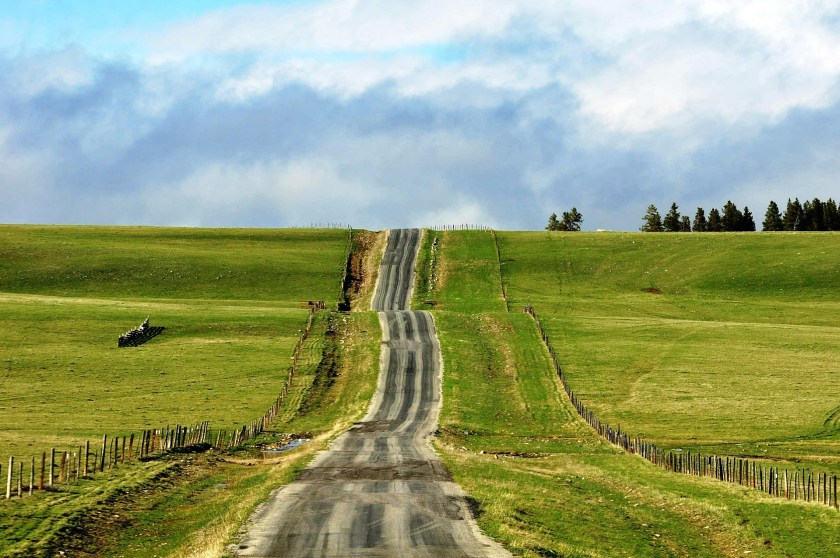One grump among atheists I sometimes read is that it isn’t fair that Christians still have access to political and cultural power. Bishops sit in the House of Lords, for example. This is, it would seem, a much greater scandal than all the other people who sit in the house of Lords who were:
- Sent upstairs because they were just so annoying
- Bankrollers of political parties
- People who the electorate turned against but their political friends felt were too good to waste. People, in other words, about whom the People were wrong.
I even saw a complaint today that Christians are given high academic posts: former Archbishop of Canterbury Rowan Williams, is, for example, the Master of a Cambridge College, handsomely paid and with privileged access to a rather good wine cellar.
We should hear this atheist keening for what it is, namely the complaint of one group against another group that the other group has unfair advantages. Christians do exactly the same, grumbling how their mighty secular enemies keep overturning laws and putting things on TV and probably will bring the wrath of God down on all our heads.
As I’ve often mused in this blog, and not with much originality, the era of Constantine, of state and church, is, if not exactly dead, deserving of other metaphors of decay: shot, derelict, over-mature, senescent, creaking, past it.
I think both Christians and (this is my point) atheists have to get to used this. This is handy for Christians actually. It is quite cool to belong to a subversive, radically good, cheerful, counter-cultural trickle, flowing into the global cultural sea.
It’s quite a thing to belong to a movement that teaches the right response to oppression is not protest but lending the oppressor a hand in his difficult life. Not for us, or at least not for us if we knew better, are the politics of grievance.
Meanwhile, atheists complaining of the Church having too much power is so Second Milliennium.
One more thing. Once you accept this, that the era of Constantine is over, that all good citizens aren’t Christians, that Christians are in the minority, it turns out we are quite a large minority. Like rats or cockroaches, we get everywhere.
Think of what we’ve done in my favourite field, science. Among other prominent Christians were: untangler of the human genome (Francis Collins); crusading leader of the UN Committee on Climate Change (John Houghton, a scientist who won the Nobel Peace Prize). Discoverer of pulsars (the Quaker Jocelyn Bell Burnell). These are just the examples roaming my brain at the moment. Or go back: Wernher Heisenberg had a faith (though presumably also held with a bit of uncertainty). Leonhard Euler used to lead Bible studies for his household. Johannes Kepler was a radical Protestant. Faraday’s faith was one of the most prominent things about him. The person who gave Faraday’s discoveries the complete mathematical treatment, a treatment so complete it will last to the end of time, was also a person of faith, James Clerk Maxwell.
This is just me shaking my brain to see what falls out. Turning to Wikipedia’s (admittedly slightly dodgy) list of Christians in Science, Alessandro Volta and Andre Ampere were both people of faith. (The correct response is ‘Watt?’) And Heinrich Hertz. (Who by the way, made his name in oscillations, not in car rental.)
So: Let’s all agree the Constantinian Church/state thing is a bit musty and generally off and the Christians are duly demobbed as members of the establishment. This is a new day. They are free to be happy annoying disrupters of a world that is not exactly legendary for its grace. Friends and foes of the faith alike should get used to it.
Like this:
Like Loading...





